We have floundered through Descartes’ Second Meditation (like a hamster crossing a treacle lake), but have finally emerged with firm grasp of what its all about!
The important thing was to see how Descartes finally found a point of certainty, ‘cogito ergo sum’ (although he didn’t actually say that in ‘The Meditations’) from which he could rebuild his ‘knowledge’ of the world.
He decides that this thinking thing is ‘a thing that doubts, perceives, affirms, denies, wills, does not will, that imagines also and which feels.’ These activities of the mind are the more certain the less they have to do with the physical world. Therefore the imagination, which seems to build its ideas from perceptions of the physical world is less trustworthy than, for example, the act of doubting, (Remember Descartes prefers geometry to geography for similar reasons.)
Our essay challenged us to show how Descartes’ ‘dualism’ - his separation of mental and physical worlds (metaphysical & physical, res cogitans & res extensa, mental stuff and physical stuff, internal & external) is demonstrated in his consideration of the famous piece of wax. And we saw how he thinks that although we normally understand our senses as providing us with understanding, believing that to 'see' something is to understand it, the example of the wax shows that 'Something that I thought I saw with my eyes ... was really grasped solely by my mind’s faculty of judgment.'
Descartes believes that knowledge of the external world is gained through the mind’s understanding (judgement) of the information we receive through the senses. The faculty of judgement is a mental capacity (ability) that brings together the ‘raw’ and potentially incoherent information of the senses and allows us to understand. This makes him a rationalist as opposed to an empiricist. (see glossary).
For Descartes, this confirms his belief that, he can know his internal world - his mental processes - better and more certainly than he can the external physical world. This emphasises the separation and the difference of the two ‘stuffs’ mental and physical and makes clear his ‘dualism’.
We should note that as Descartes describes the act of understanding as being one in which the metaphysical mind interacts with the physical world, his position is sometimes described as ‘interactionism.’









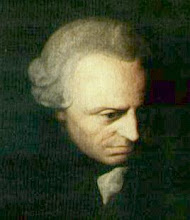





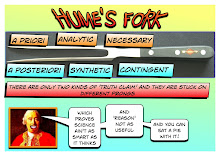




.jpg)

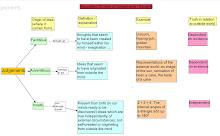
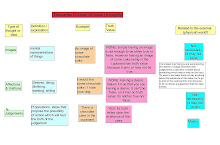
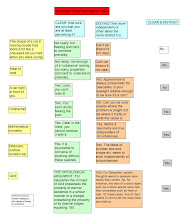



No comments:
Post a Comment